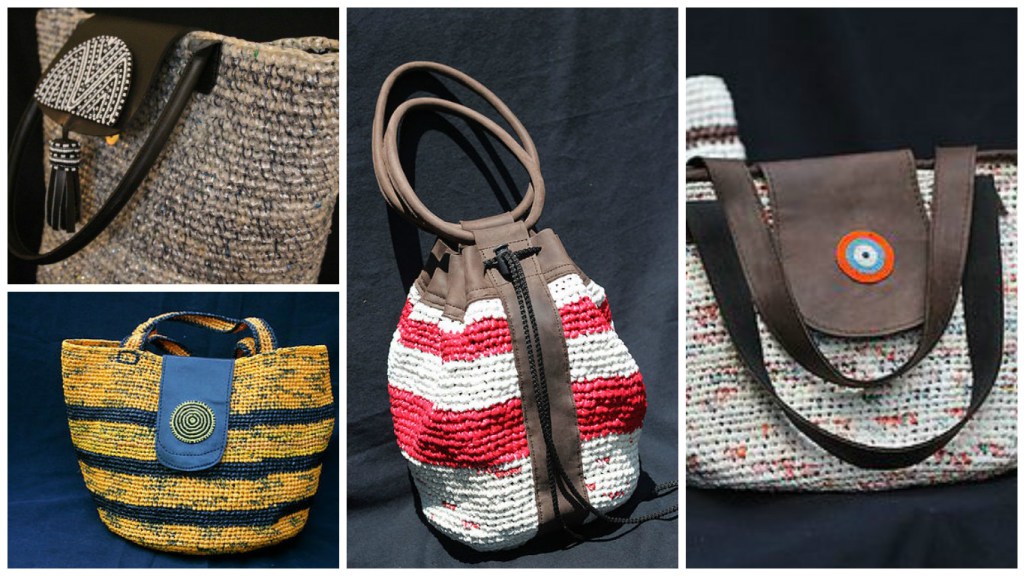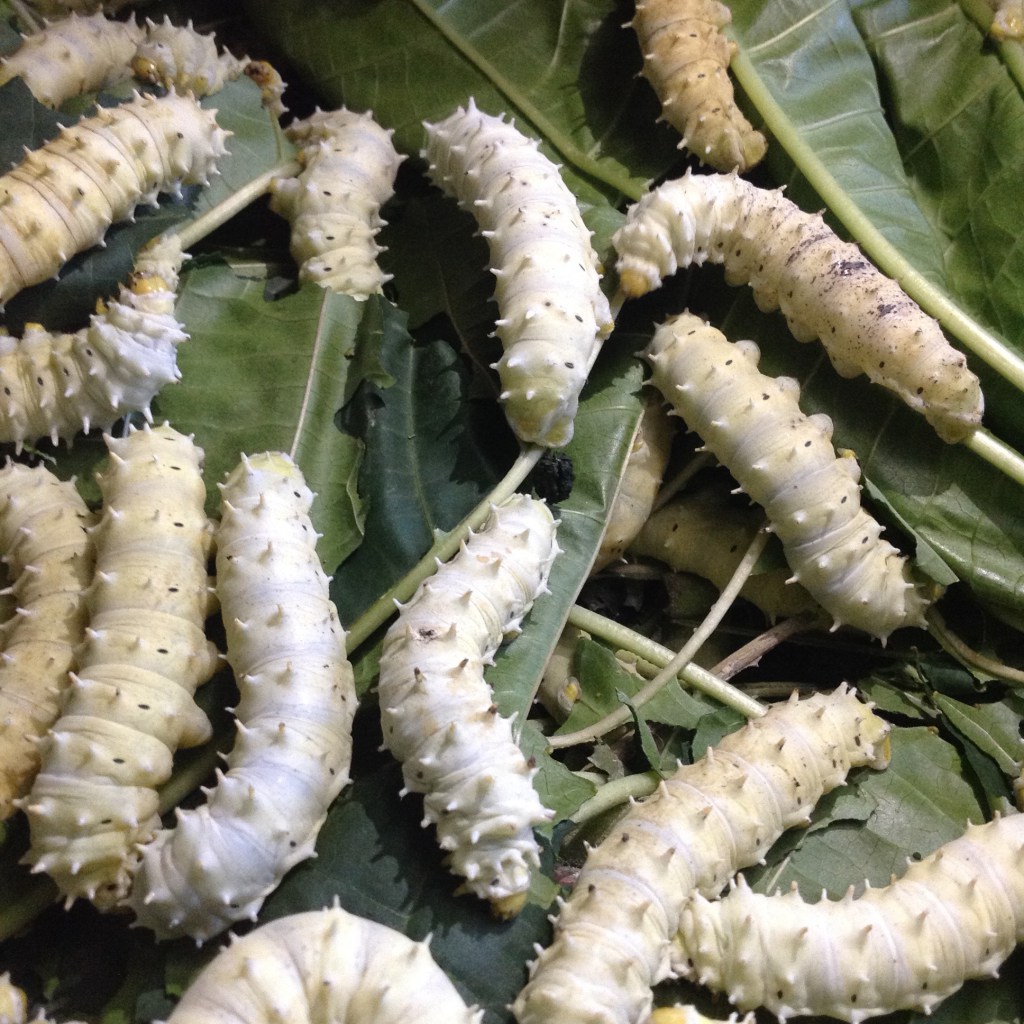Tosheka Textiles is known as a social entrepreneurial enterprise. The company was founded in a semi-arid county in South-Eastern Kenya, Makueni, in the town of Wote.
Initially, the company was a Community Based Organization (CBO) that grew cotton and streamlined farm to production pipelines. The three founding friends, Lucy, Cynthia and Christina found it challenging to make a profit and help to sustain the families working on the project. It grew into a ‘green textile’ production which is environmentally friendly working with recycled materials, natural fibres and eco-friendly dyes. Tosheka has strong commitment to being an eco and ethical textile brand. This entails using fair labour practices to provide artisans with sustainable incomes, as well as using techniques that preserve culture such as traditional Kenyan weaving, knitting, and crochet techniques.
A big part of the inspiration behind the company was to preserve the traditional skills and knowledge of ‘green’ textile production in Kenya. This was achieved by blending traditional designs with contemporary designs in order to produce products that were beneficial to the environment and attractive to consumers.
To create more value for their partners (farmers) and create fast-moving products, Tosheka Textiles moved on from cotton to silkworm. Cotton, as a cash crop, wasn’t sustainable and the prices were really low. The allure of silkworm was that they could be in production throughout the year, unlike cotton which is dependent on rainy seasons which only lasts a few months of the year. Rainy seasons have drastically decreased in recent years, which add more strain to the success of the textile industry.
It is also due to these dry conditions that the Mulberry silkworm breed, a breed widely used in Kenya, can no longer be harvested optimally. Therefore, Tosheka introduced a new breed, Eri, which can survive the dry conditions associated with Makueni.
The company is the first to get a commercialisation permit for Eri worms which is new in the country. It took them three years to get approval from government agencies due to procedures such as ethic trials. The organisation is also creating standards of operation and standard procedures on how to:
- train the farmers
- rear Eri worms
- measure quality of the silk produce
The product Tosheka creates vary from:
- ‘Woven Love’ – a collection of bags and textiles inspired by the distinct ancient Kamba (a Bantu tribe in South-Eastern Kenya);
- to basket weaving tradition – transformed on looms using plants and natural fibres;
- to creating new textiles, fabrics and products
This collection includes up-cycled cloth clutches and handbags made of various natural fibres and upholstery fabric. There is also a “Recycled Treasures” collection which consists of contemporary designed and elegant hand-crafted bags – made using recycled plastic bags and trimmed with other natural fibres. And, then there is the “Safi Tosheka” collection which comprises of high-quality leather goods embellished with mud cloth and other local fabrics.
Tosheka Textiles mostly employs women. There are currently 200 women involved in the making of the various products, with plans to increase their workforce in Makueni.
WATCH TOP VIDEOS FROM NIGERIAN TRIBUNE TV
- Relationship Hangout: Public vs Private Proposals – Which Truly Wins in Love?
- “No” Is a Complete Sentence: Why You Should Stop Feeling Guilty
- Relationship Hangout: Friendship Talk 2025 – How to Be a Good Friend & Big Questions on Friendship
- Police Overpower Armed Robbers in Ibadan After Fierce Struggle











